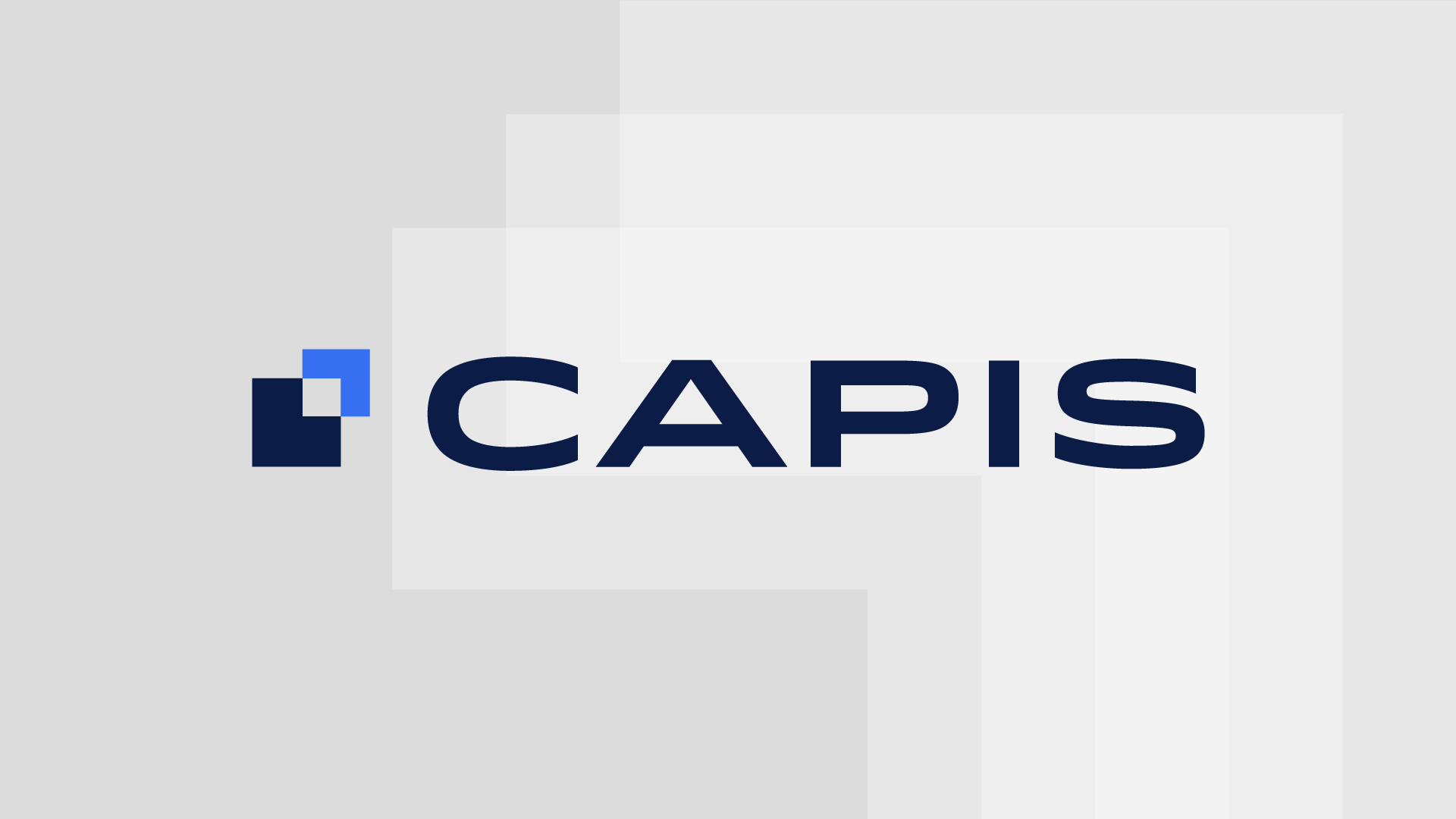Experience the Difference:
Supplemental and Outsourced Trading
While outsourced and supplemental trading (OST) solutions are not new, their adoption has shifted from investment partnerships (hedge funds) to RIAs and investment managers. Recognizing this shift, CAPIS’ supplemental and outsourced trading offerings focus on the needs of the broader buy-side community.
Virtual Panel - Outsourced Trading: Streamlining Operations for Enhanced Performance
Outsourced and supplemental trading have become widely adopted – but what does it actually look like? The answer: it depends. Any engagement with an outsourced trading provider should start with a series of strategic discussions regarding your organization’s goals. From there, you can develop a plan to reach them – whether that’s minimizing key-man risk, improving business continuity, adding trading expertise, or increasing access to liquidity.
Join CAPIS on Wednesday, May 22, for a dynamic 30-minute live virtual panel featuring prominent thought leaders in the space who will discuss these potential benefits, some real-world applications and more.
We learn about your challenges, goals, and preferences so we can function as an extension of your trading desk. We put our trading expertise to work so you can focus on what you do best: managing your assets and client relationships.
Key Reasons for Supplemental and Outsourced Trading
Supplemental and outsourced trading solutions are designed to solve problems before they become critical. Consider the most common reasons to engage an outsourced trading provider:
Losing a head trader can be both costly and time-consuming, and training a successor has become more difficult with the industry-wide adoption of remote work schedules. With an outsourced or supplemental trading provider, your next head trader is always on staff.
Adding core portfolio strategies can be costly. With the right supplemental or outsourced trading provider, international equity, fixed income, or derivative strategies can be added without hiring additional trading personnel.
Liquidity fragmentation continues to accelerate. Strong sell-side relationships and the ability to access a wide array of venues are key to seeking best execution.
The pandemic reinforced the importance of sound management and good governance. Show your investors that your firm can remain operational, come what may.
Tapping into the knowledge, experience, and technology of an outsourced desk instead of buying and building enables resource allocation into alpha-generating functions.
Does your firm need to upgrade to an institutional-grade trading technology stack? What about eliminating complex workflows like trade rotation? Making these your core competencies can be time-consuming and expensive.
Trading is often the focus of new regulations, increasing the cost of systems and personnel. With an outsourced or supplemental trading solution, these costs can be spread across multiple clients, reducing the burden on each client.
With the rising costs of order management systems, trading technology, and staffing, outsourced trading can free up resources for more important investment functions.
Related Resources

Commission Management: An Ideal Outsourced Trading Use Case
A Parting Thought: Embrace the Disruption
We’d like to think we have a good enough relationship with our buy-side clients to have a sense of what their traders are really thinking. We know the phrase “outsourced trading” can conjure up fears of replacement, giving up control, and having too many voices at the table. It’s understandable – we get it.
Our advice: reconsider your perspective and embrace the disruption.
Outsourced trading can be so much more than a reshuffling of responsibilities – in many cases, traders and other employees are not replaced, but empowered to focus less on the minutiae and more what they do best. What’s more, our consultative process ensures full alignment with your goals and strategies from day one.
No matter what course you ultimately choose, the first step is to learn more. Reach out to us for a conversation today.
Stay Informed
We’ll email you when we post new content you want to see.
- Company
-
Our People
-
Our Clients
-
Careers



